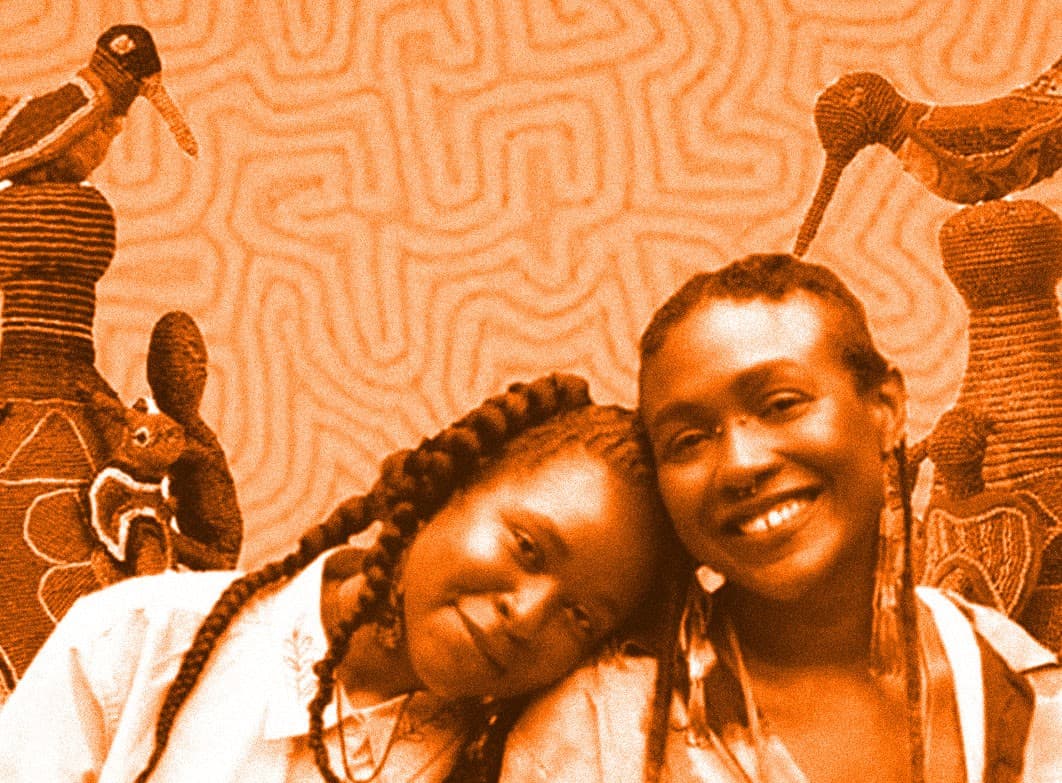

Queerying My Ancestry
I recognised that it was my right to connect to the cultures that colonizers tried to disconnect me from.
October 21, 2020


I recognised that it was my right to connect to the cultures that colonizers tried to disconnect me from.